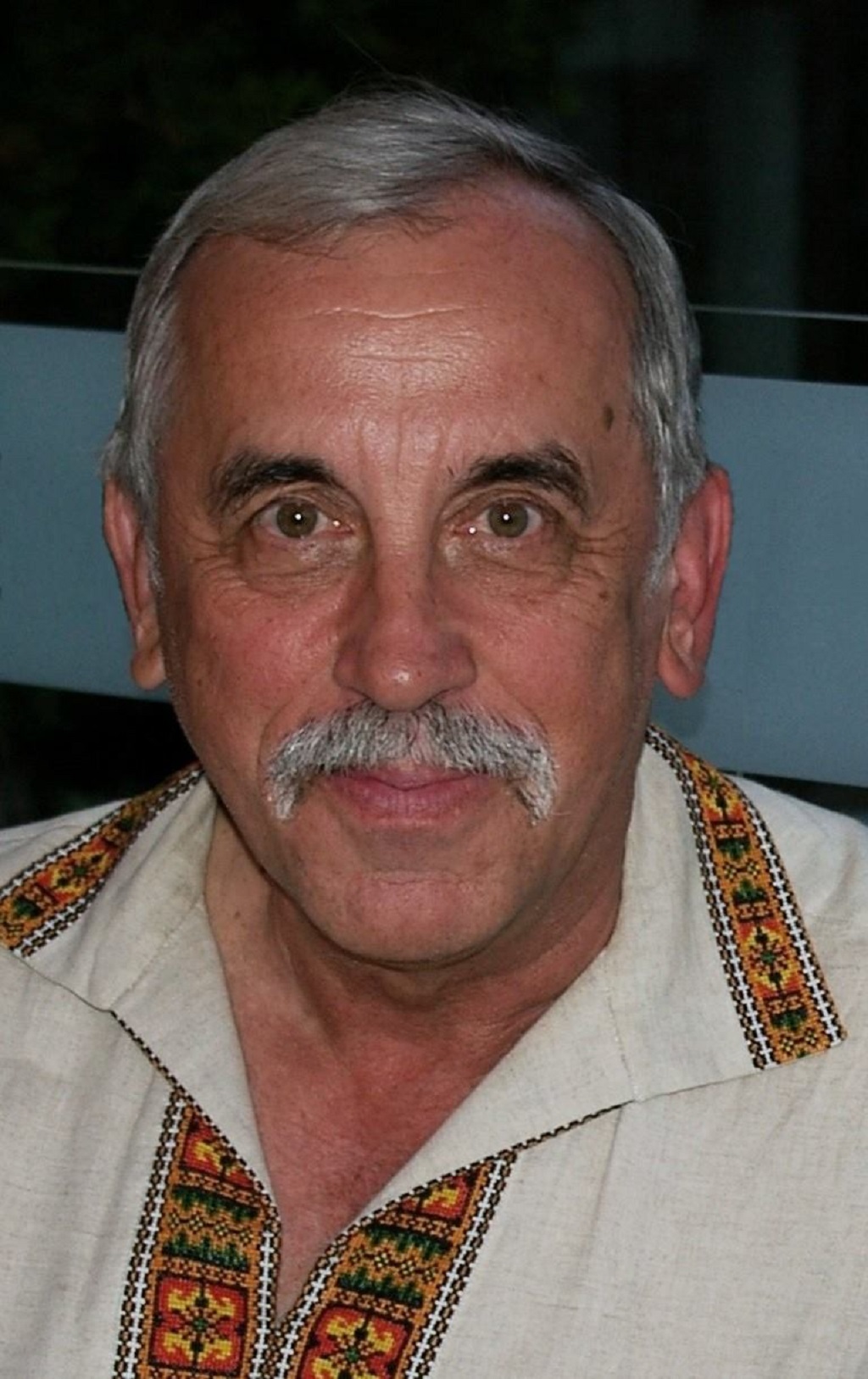Volodymyr Kish.
For many Ukrainians, Vladimir Putin Is the embodiment of pure evil. His hate of Ukrainians as well as most of the other ethnic victims and nationalities that managed to free themselves from Soviet tyranny, his ruthlessness in pursuing his delusional dream of making Russia the supreme world power, his willingness to sacrifice however many lives it takes to achieve his imperialistic ambitions, and his utter contempt for following any civilized rules of behaviour, either personally or on an international level, make him an appropriate candidate to join the perverted pantheon of evil leaders in recorded history.
As one with a particular interest in history and an avid follower of the news and world events, I am quite aware of the presence of evil in this world. One does not have to look far to see evil personified in the likes of not only Vladimir Putin, but also such malefic characters as Bashar al-Assad, Kim Jong-un or Alexander Lukashenko. These are people that lack any moral compass, and have not hesitated in inflicting death, torture and destruction not only on those deemed adversaries, but also on their own innocent citizens. History is rife with their kind. Hitler, Stalin, Mao Zedong, Idi Amin, Saddam Hussein, Muammar Gadaffi and Pol Pot quickly come to mind. If you go back further into history, you find similar examples in the likes of Ivan the Terrible, Genghis Khan, Attila the Hun, Vlad the Impaler and Caligula.
World history is filled with countless examples of evil, yet defining exactly what evil is can be a difficult task. Evil manifests itself in the form of actions such as murder, rape, torture, cruelty, bullying and the like. Yet it is not the actions themselves that are evil. Evil cannot be ascribed to a particular action in the absence of some form of moral agency. For example, in nature, predatory animals kill, torture and maim their prey as a matter of course, yet we would be hard pressed to describe those actions as evil. It is in those animals’ genetic makeup to behave as they do. They do not make conscious choices as to their behaviour, and the question of morality does not enter into the picture. In fact, the whole concept of good and evil only exists when you look at human behaviour.
Outside of the human context, the idea of good and evil is frankly irrelevant. In nature, death and destruction is common. Floods, fires, earthquakes and diseases wreak destruction and kill millions of animals as well as human beings every year. Yet, to label nature as evil would be as meaningless as it is pointless. Good and evil only acquire relevancy when applied to human beings. So what exactly are good and evil?
Throughout human history, good and evil have usually been defined within the framework of religious beliefs. In Hindu and Buddhist thought, good and evil are looked upon as a duality of antagonistic opposites. In Christian theology, and particularly as outlined by Thomas Aquinas in his Summa Theologica, evil is defined as the absence of good (or as other Christian thinkers later put it – the absence of God.) In Islam, all that is good comes from God or Allah, and evil is the result of human free will choosing to go against God’s teachings.
From a purely semantic point of view, many philosophers have proposed that good and evil cannot be considered as equal but opposite concepts. Rather, they have followed in Thomas Aquinas’ footsteps in assuming that evil is not a thing in itself but rather the absence of good, much in the same way that darkness is the absence of light and cold is the absence of heat.
However we choose to define good and evil, most religions and philosophers agree that evil originates from the fact that human beings have free will, and will sometimes choose to behave in a fashion that cannot be considered “good”, and is hence, evil. The essential point is the fact that human behaviour is judged in terms of moral principles, whether those are derived from religious beliefs or come from some innate or instinctive source within our conscious or subconscious mind. If one accepts the notion that each of us as individuals has a free will, then the exercise of that free will is then either governed by a set of moral principles that we have consciously accepted and will lead to good, or by baser urges or instincts in the absence of such moral principles, which will lead to evil. In religious terms, this equates to living according to the rules prescribed by our spiritual beliefs, or living in “sin”.
Ever since our ancestors emerged from caves and a primitive form of existence, we have striven to form social and political structures based on moral principles that would provide the greatest good for the greatest number. Considering that we still have people such as Putin in powerful leadership roles and how much evil still exists in this world, it is obvious that we still have a long way to go.
Share on Social Media


































